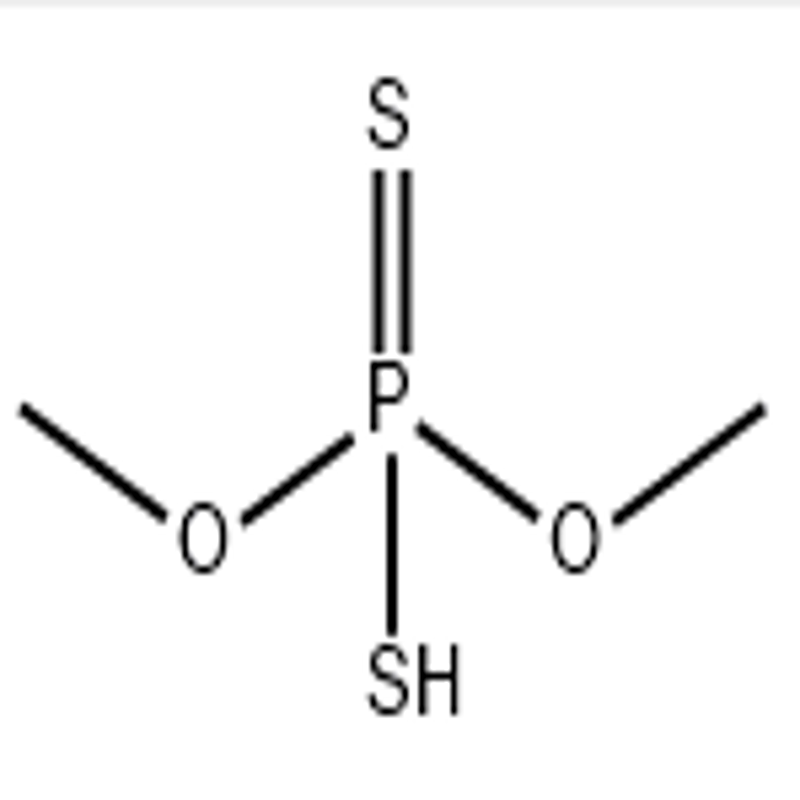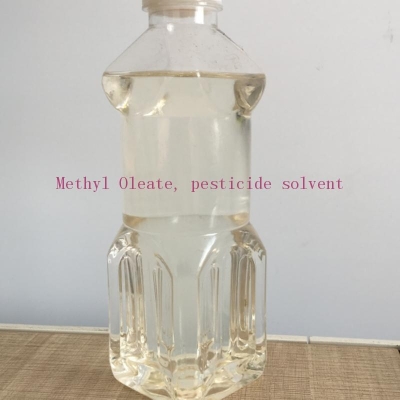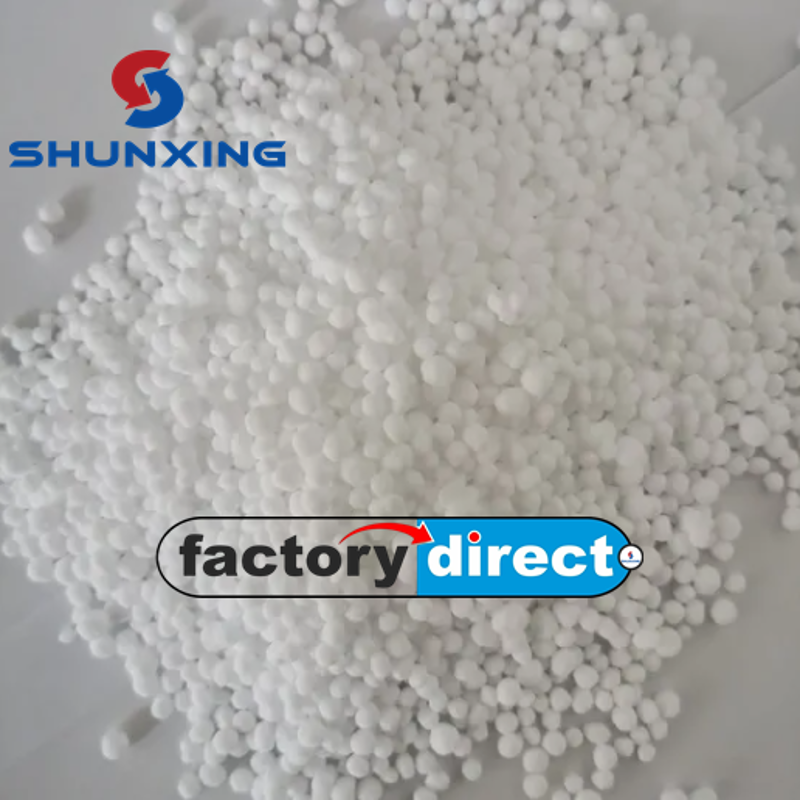-
Categories
-
Pharmaceutical Intermediates
-
Active Pharmaceutical Ingredients
-
Food Additives
- Industrial Coatings
- Agrochemicals
- Dyes and Pigments
- Surfactant
- Flavors and Fragrances
- Chemical Reagents
- Catalyst and Auxiliary
- Natural Products
- Inorganic Chemistry
-
Organic Chemistry
-
Biochemical Engineering
- Analytical Chemistry
-
Cosmetic Ingredient
- Water Treatment Chemical
-
Pharmaceutical Intermediates
Promotion
ECHEMI Mall
Wholesale
Weekly Price
Exhibition
News
-
Trade Service
On June 14, the last agricultural streptomycin sulfate registration certificate expired and will not be renewed, which means that agricultural streptomycin sulfate has officially withdrawn from the stage of bacterial control agents, and its original market share will be replaced by other alternative bacterial control agents Occupy
.
As early as May 2011, the 9th meeting of the 8th National Pesticide Registration Review Committee decided to stop accepting and approve new field trials and pesticide registration of streptomycin sulfate, and the registration of products containing streptomycin sulfate has been approved.
No renewal registration will be processed after the certificate expires
.
After 2011, of the 32 registration certificates for agricultural streptomycin in China, 28 temporary registration certificates were eliminated, leaving only 4 official registration certificates
.
The certificate of Chongqing Fenghua Technology Co.
, Ltd.
was converted into an official registration certificate on June 14, 2011, which became the last registration certificate before the meeting decided
.
Since the official registration certificate is valid for 5 years and will not be renewed when it expires, it means that the agricultural streptomycin sulfate will completely withdraw from the stage on June 14, 2016
.
According to Xiong Xingping, deputy general manager of Zhejiang Longwan Chemical Co.
, Ltd.
, streptomycin sulfate is banned.
The main consideration is that streptomycin sulfate is an agricultural antibiotic.
After it is applied to vegetables, fruits and other crops, it will accumulate in the human body through the food chain, thereby causing risks
.
And the reason why streptomycin sulfate can be applied to agriculture is that southern regions such as Guangdong, Hainan, and Guangxi are susceptible to the influence of rain, causing frequent occurrence of fungal and bacterial diseases.
Agricultural streptomycin sulfate, which has disease prevention effects, has gained room for development
.
In foreign countries, streptomycin sulfate is only used in veterinary medicine, not in pesticides
.
Today, the Ministry of Agriculture has registered 42 bacterial drug registration certificates for bacterial diseases, with 15 active ingredients, namely copper thiazide, trichloroisocyanuric acid, chlorobromoisocyanuric acid, kasugamycin, and allicin.
, Zhongshengmycin, King Copper, Copper Hydroxide, Copper Complex, Copper Succinate Fertilizer, Copper Citrate, Thiason Copper, Capoxystrobin, Thiamphenone and Zinc Thiazole
.
Among them, thiazolium has registered 12 disease objects, and 9 of them are bacterial diseases
.
"These new bacterial control agents will ensure that agricultural production will not be affected after streptomycin sulfate is withdrawn from the market.
.
"Xiong Xingping introduced
.
In fact, until June 14, 2016, there are still companies producing streptomycin sulfate.
Distributors and retailers may have a certain backlog without knowing that streptomycin sulfate will be delisted
.
Streptomycin sulfate products produced before the expiration of the registration certificate can still be sold and used
.
.
As early as May 2011, the 9th meeting of the 8th National Pesticide Registration Review Committee decided to stop accepting and approve new field trials and pesticide registration of streptomycin sulfate, and the registration of products containing streptomycin sulfate has been approved.
No renewal registration will be processed after the certificate expires
.
After 2011, of the 32 registration certificates for agricultural streptomycin in China, 28 temporary registration certificates were eliminated, leaving only 4 official registration certificates
.
The certificate of Chongqing Fenghua Technology Co.
, Ltd.
was converted into an official registration certificate on June 14, 2011, which became the last registration certificate before the meeting decided
.
Since the official registration certificate is valid for 5 years and will not be renewed when it expires, it means that the agricultural streptomycin sulfate will completely withdraw from the stage on June 14, 2016
.
According to Xiong Xingping, deputy general manager of Zhejiang Longwan Chemical Co.
, Ltd.
, streptomycin sulfate is banned.
The main consideration is that streptomycin sulfate is an agricultural antibiotic.
After it is applied to vegetables, fruits and other crops, it will accumulate in the human body through the food chain, thereby causing risks
.
And the reason why streptomycin sulfate can be applied to agriculture is that southern regions such as Guangdong, Hainan, and Guangxi are susceptible to the influence of rain, causing frequent occurrence of fungal and bacterial diseases.
Agricultural streptomycin sulfate, which has disease prevention effects, has gained room for development
.
In foreign countries, streptomycin sulfate is only used in veterinary medicine, not in pesticides
.
Today, the Ministry of Agriculture has registered 42 bacterial drug registration certificates for bacterial diseases, with 15 active ingredients, namely copper thiazide, trichloroisocyanuric acid, chlorobromoisocyanuric acid, kasugamycin, and allicin.
, Zhongshengmycin, King Copper, Copper Hydroxide, Copper Complex, Copper Succinate Fertilizer, Copper Citrate, Thiason Copper, Capoxystrobin, Thiamphenone and Zinc Thiazole
.
Among them, thiazolium has registered 12 disease objects, and 9 of them are bacterial diseases
.
"These new bacterial control agents will ensure that agricultural production will not be affected after streptomycin sulfate is withdrawn from the market.
.
"Xiong Xingping introduced
.
In fact, until June 14, 2016, there are still companies producing streptomycin sulfate.
Distributors and retailers may have a certain backlog without knowing that streptomycin sulfate will be delisted
.
Streptomycin sulfate products produced before the expiration of the registration certificate can still be sold and used
.







